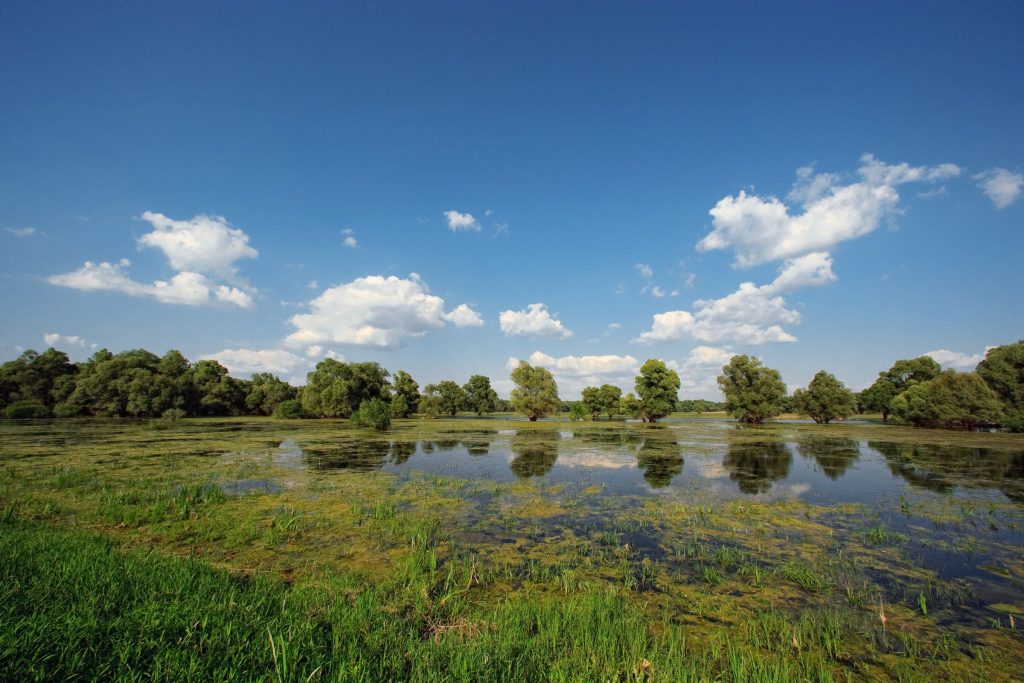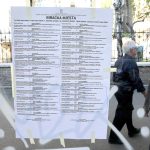On the occasion of World Wetlands Day, the Ministry of Economy and Sustainable Development has pointed to a growing freshwater shortage crisis that poses a significant threat to humanity and the planet. This year’s theme – Wetlands and water – pays special attention to wetlands as a freshwater source.
50 percent of wetlands lost in the last 50 years
Croatia has several wetlands: Nature Parks Kopački Rit, Lonjsko Polje, and Vrana Lake, the Special Reserve Crna Mlaka in Jastrebarsko, and the Lower Neretva River. Croatian wetland areas seek to encourage actions to restore wetlands and stop their loss by marking World Wetlands Day.
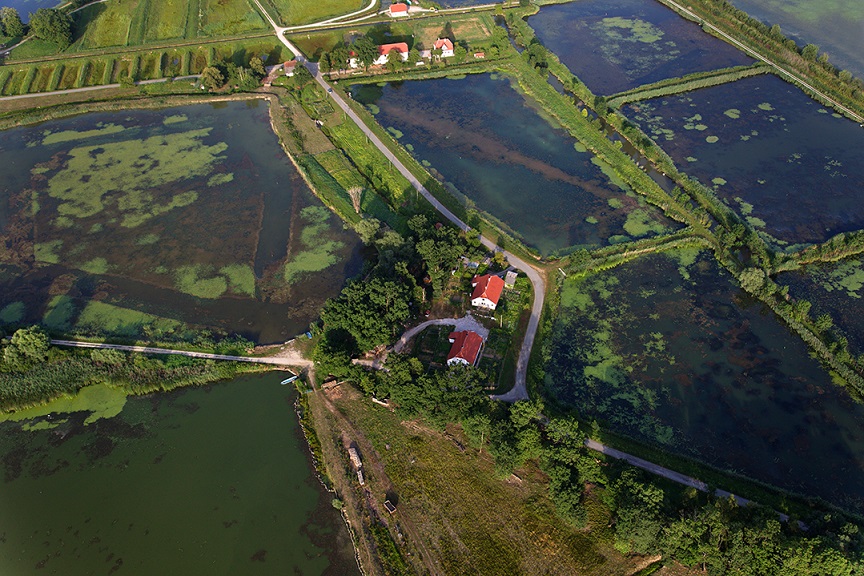
Crna Mlaka in Jastrebarsko / Public Institution Green Ring of the Zagreb County
On this day in 1971, the Convention on Wetlands of International Importance, Especially as Waterfowl Habitat, was signed in the Iranian city of Ramsar. The Convention, known as the Ramsar Convention, obliges each signatory country to the general conservation of wetlands on its territory and provides a framework for international cooperation in protecting and sustainable use of wetlands.
Croatia has been a signatory to the Ramsar Convention since 1991, and the above mentioned Croatian wetland areas are on the Ramsar Convention’s list.
As a contribution to implementing the Ramsar Convention in Croatia, three relatively small areas within the Neretva delta were proclaimed as special reserves last year. The places named “Blue Eye and Lake Desna,” “Neretva’s Estuary,” and “Kuti” have preserved, unique, and representative wetland habitats and characteristic species of particular importance for Croatia.
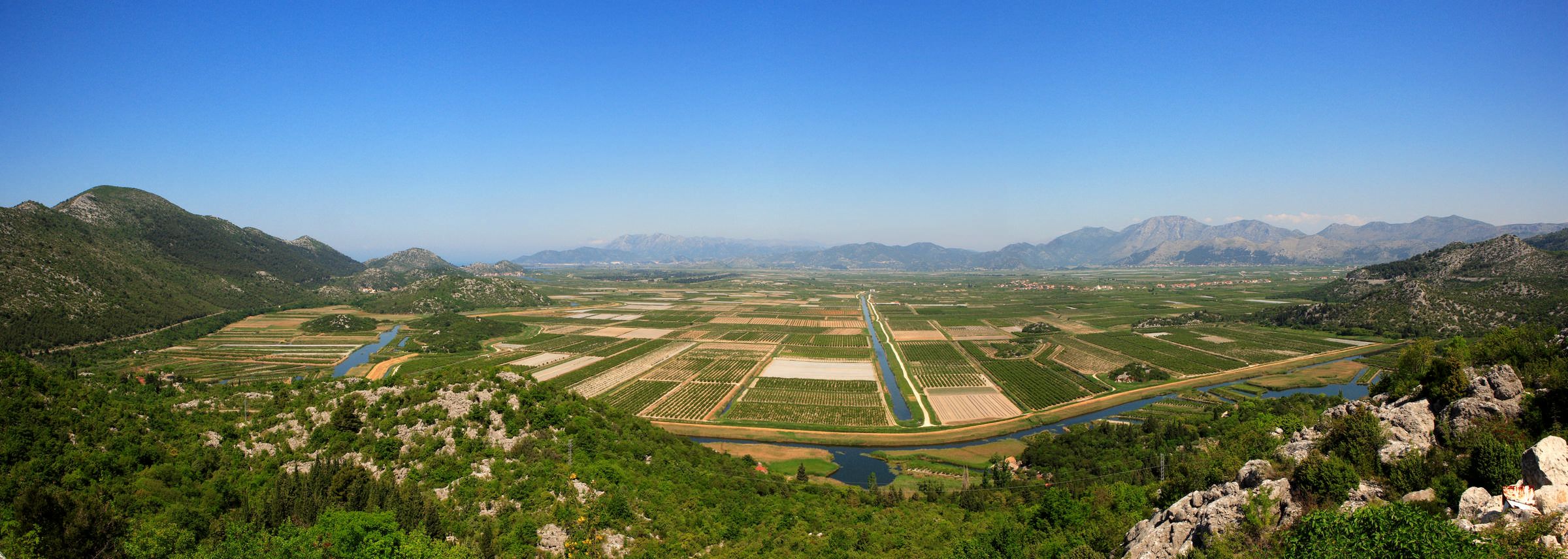
Neretva River / Copyright Romulić and Stojčić
Although wetland habitats represent one of the greatest values of biological and landscape diversity, since more than 40 percent of plant and animal species are associated with them, they are also the most endangered ecosystems in the world. In the last 50 years, 50 percent of all wetlands in the world have been lost.
Wetland areas as the best flood defense
Apart from being wet habitats for numerous plant and animal species, they are also crucial in adapting to climate change. Thus, wetland habitats are extremely important in flood defense, especially in Croatia.
Lowland rivers with moist habitats along their trough, into which they flow during high water levels, represent the best way to defend against floods. This is precisely how the flood defense system in Posavina was built. Thus, high waters of the Sava River flow into the Lonjsko Polje Nature Park floodplains, while Kopački Rit Nature Park “receives” high waters of the Drava and Danube, thereby changing their landscapes.
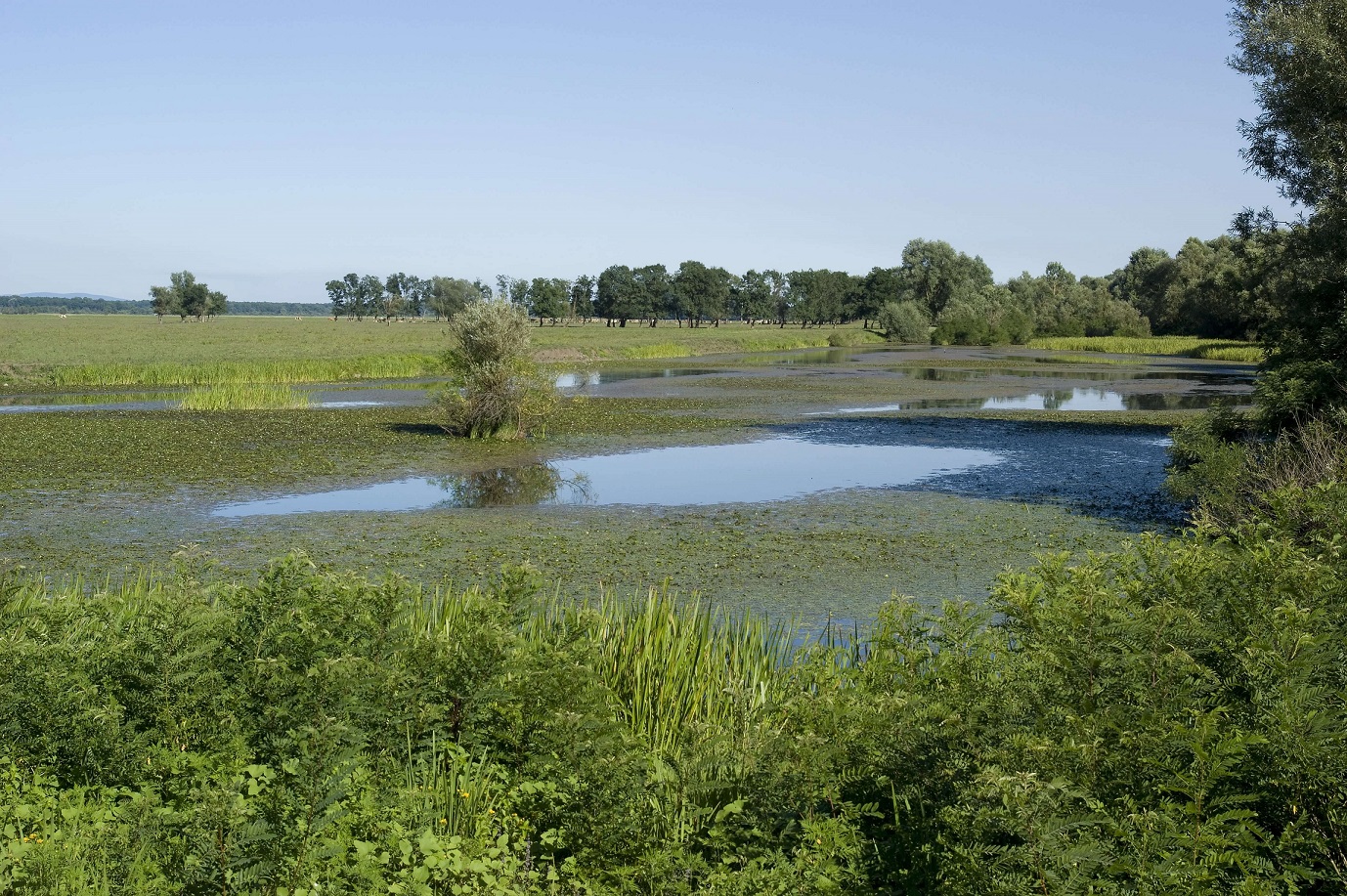
Lonjsko Polje Nature Park
The value of wetland habitats is also related to the restoration of groundwater supplies, the consolidation of shores, the retention of nutrients and sediments, and water purification. On World Wetlands Day, public institutions that manage protected areas in Croatia organize numerous activities.
Due to epidemiological measures, Lonjsko Polje Nature Park will not organize the traditional gathering “Future on the edge of the swamp” this year. However, the importance of water and wetlands will be discussed at a small event at the Public Institution headquarters in Krapje.
As part of this event, Matica Hrvatska’s branch from Kutina will review the meetings “Future on the Edge of the Swamp” in the last 20 years. Employees of the Public Institution will participate in a workshop on the construction of roof platforms for white stork nests.
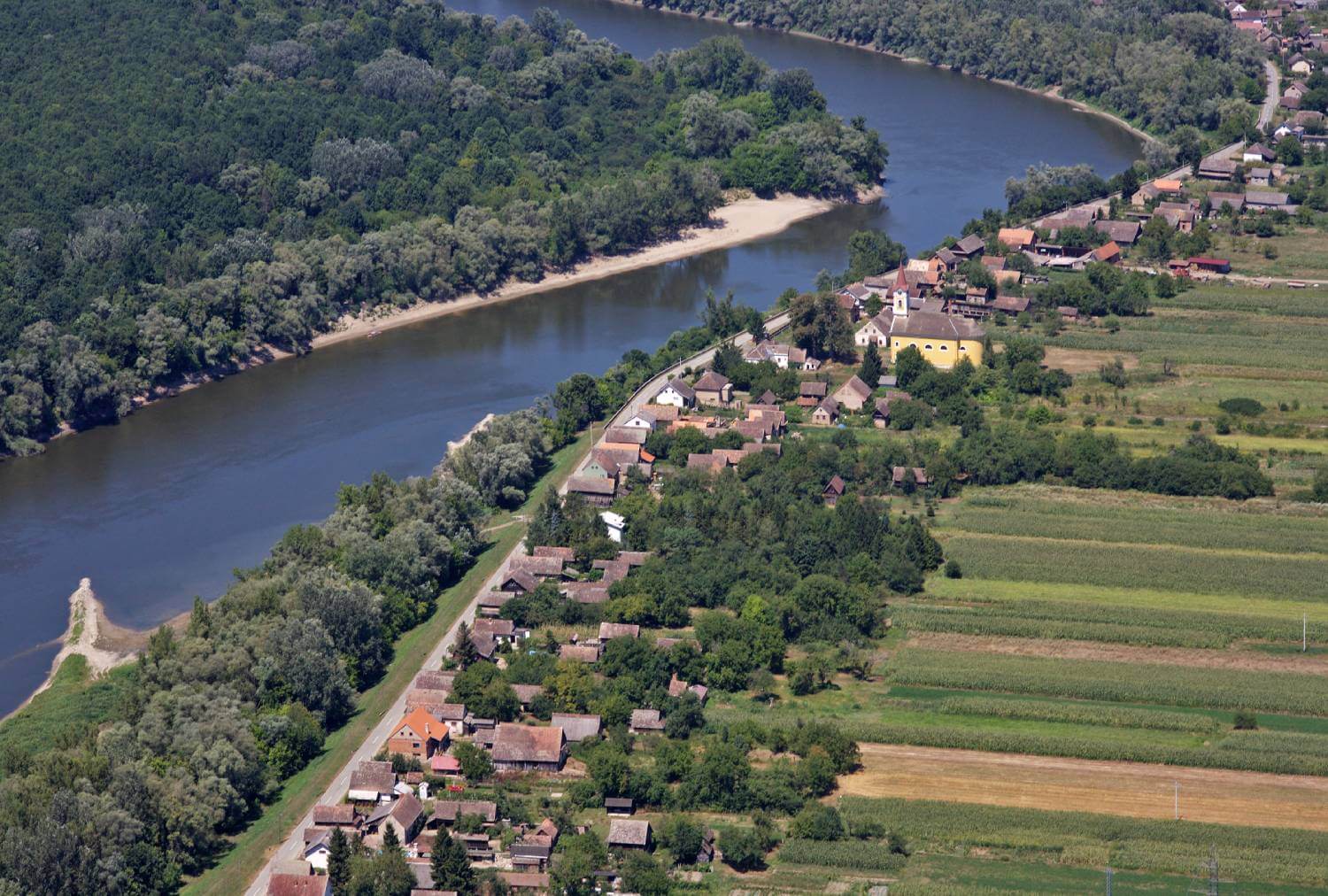
Village of Krapje / Lonjsko Polje Nature Park Boris Krstinić
In Northern Dalmatia, Vrana Lake Nature Park continues cooperation with the School of Applied Arts and Design in Zadar. Students will have virtual and field lectures on the topic of wetlands, their importance, and rich biodiversity, emphasizing birds. Students will create illustrations of different bird species presented in a virtual exhibition on the Park’s website.
The traditional 9th “Bird Masquerade” will be organized for primary school students, and students from 1st to 4th grade of local primary schools will make masks of wetland birds. On February 6, free bird watching will be organized for all visitors.
The promotional video “Vrana Lake Nature Park: a place where birds always return” by the author Goran Šafarek will be shown for the first time:
https://www.youtube.com/watch?v=v=3vVQs3BeZq0
Kopački Rit Nature Park traditionally celebrates World Wetlands Day in cooperation with Elementary School in Bilje. Second-grade students prepared artworks, literary ensembles, and a musical performance on the topic of Kopački Rit and its natural features. A lovely presentation of their work is also available online.
The Public Institution for the Management of Protected Nature Areas of the Dubrovnik-Neretva County conducts education on the importance of wetlands through an LED screen in Metković, where images with short educational texts about wetlands will be shown.

Kopački Rit Nature Park / Copyright Romulić and Stojčić

